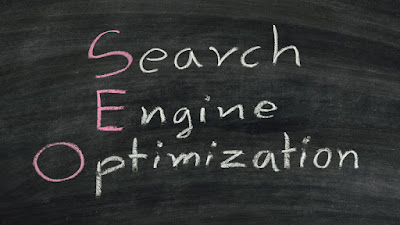The Rise of AI: Will it Replace Humans?
Introduction
 |
| AI |
The Power of AI
AI is a field of computer science that enables machines to perform tasks that would typically require human intelligence. Its applications range from autonomous vehicles and virtual assistants to medical diagnoses and financial predictions. AI systems, powered by machine learning algorithms and neural networks, possess the ability to process vast amounts of data, recognize patterns, and make informed decisions.
Automation and Job Displacement
One of the primary concerns associated with AI is its potential to automate tasks traditionally performed by humans. Repetitive, mundane, and predictable jobs in manufacturing, logistics, and data entry are increasingly being automated, leading to concerns about job displacement. However, it is important to note that while certain roles may be replaced, new opportunities and job markets are also emerging in parallel. The key lies in adapting and reskilling the workforce to meet the evolving demands of the AI-driven world.
Enhancing Human Potential
Rather than completely replacing humans, AI has the potential to enhance human capabilities and productivity. By automating repetitive tasks, AI frees up valuable time for individuals to focus on complex problem-solving, creativity, and innovation. For example, AI-powered tools can assist doctors in analyzing medical images and provide more accurate diagnoses, ultimately improving patient care. By collaborating with AI, humans can leverage their unique qualities, such as empathy, critical thinking, and ethical decision-making, to achieve new heights.
New Opportunities and Industries
The rise of AI is also paving the way for new industries and job opportunities. As AI becomes more integrated into various sectors, the demand for professionals skilled in AI development, data analysis, and ethical AI implementation is skyrocketing. Furthermore, AI is driving innovation in fields like robotics, autonomous systems, and personalized services. Rather than replacing humans, AI is creating avenues for collaboration and cooperation, enabling humans to focus on tasks that require human ingenuity.
Ethical Considerations
While AI holds immense potential, it also raises ethical concerns. Transparency, fairness, and accountability are crucial when implementing AI systems to ensure unbiased decision-making and avoid perpetuating existing societal inequalities. Striking a balance between AI's power and the need for human oversight is essential to mitigate risks and ensure responsible AI deployment.
Conclusion
The rapid advancement of AI undoubtedly brings about changes and challenges. However, the idea of AI replacing humans entirely seems far-fetched. Instead, AI acts as a powerful tool that can augment human abilities, streamline processes, and open up new possibilities. Adapting to this evolving landscape requires a proactive approach to education, reskilling, and embracing AI as a collaborative partner. By harnessing the potential of AI, we can build a future that combines the strengths of both humans and machines, driving innovation, and creating a more efficient and inclusive society.



















